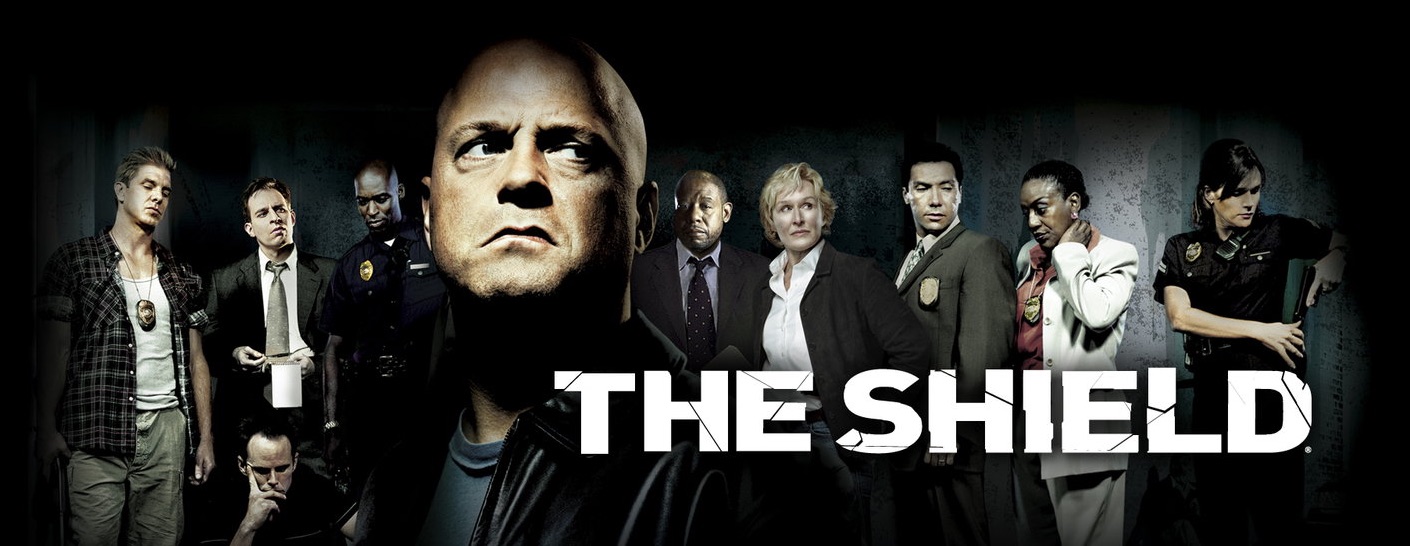---------------------------------------------------
Why had Marsha joined the police force? In her own mind, the answer was clear: to protect the public and make sure justice was done. Those considerations were more important than following the rules.
She kept telling herself that, because she feared she lacked the resolve to break the rules in order to stay true to her ideals. A good man had made a terrible mistake, and an innocent woman was dead as a result. But by a sequence of accidents and coincidences, Marsha had enough circumstantial and forensic evidence to convict a different man of the crime. Not only that, but the man she could frame was a nasty piece of work who was certainly responsible for a number of murders. She had merely never been able to gather enough evidence to make the charges stick in court.
She knew that the due process of law left no room for framing, but surely it would be better to get a repeat murderer behind bars than a man who posed no threat to anyone? The justice in that was greater than the injustice of denying a killer the benefits of a fair trial.
Source: Insomnia, directed by Christopher Nolan, 2002.
Baggini, J., The Pig That Wants to Be Eaten, 2005, p. 229.
---------------------------------------------------
When I first read this, I figured it was just a simple case of a lazy cop with bad reasoning who was willing to bend the rules and contribute to breaking the justice system rather than do her job properly. But then I read the explanation from Baggini and became infuriated. Baggini explains that for the cop...
...her problem is whether or not these are the kinds of exceptional circumstances which warrant rule-breaking. How could she decide that? Several different ways of determining this could vindicate her deceit. For instance, we might think that rule-breaking is permitted if three conditions are met. First, it must result in a significantly better outcome than rule-following. This would seem to be the case in Marsha's situation. Second, the action should not undermine rule-following in general. This condition would also be met, as long as Marsha's deceit remained secret. Third, the rule-breaking must be the only means of acheiving the better outcome. It seems there is no other way in which Marsha could ensure the real menace ends up in prison. ... Perhaps it is not contradictory to say that society must demand that the police always follow the rules, but that it is nevertheless sometimes good if they secretly break them. Our collective job may be to uphold the rule of law, but our individual duty may be to ensure we do what is best, inside or outside the law.
What horror this permits! And based on very poor reasoning! Even if we accept that Baggini's first condition for rule-breaking is met, how can his second requirement be fulfilled? How could illegal acts of justice ever be fully private? They cannot! Unless the judgements were only ever handed down via a secret book of guilt that no one else could read, then at a minimum the wronged person will also know of the deceit, and their story could some day contribute to the distrust and undermining of the justice system as a whole. This is incredibly dangerous. As I noted when I wrote about the sociologist Max Weber:
In Politics as a Vocation, Weber unveils the definition of the state that it is the entity that possesses a monopoly on the legitimate use of physical force, which it may nonetheless elect to delegate as it sees fit - a definition that became pivotal to the study of modern Western political science.
To this notion, I responded that:
The state’s actual role is to correct for inefficiencies in the markets. Force, being an element required for the provision of the public goods of defense and justice, must be provided for by the state. And though the state has a monopoly on force, the true transparent separation of powers within a state would ensure that no one person or group could continually wield that force in a hurtful way.
In other words, when justice systems are corrputed by individuals who think they can wield force outside of the rule of law, that is a necessary and sufficient ingredient for the failure of an entire state because the government will then no longer have a legitimate monopoly on the use of force. The ultimate consequences of this breakdown—as seen early on in divided communities where the Black Lives Matter movement is strong, or later in mafia states like Russia and Mexico, or finally in failed states like Syria, Somalia, or South Sudan—are undeniably dire and must not be risked for the sake of one criminal. Do your job Marsha.


